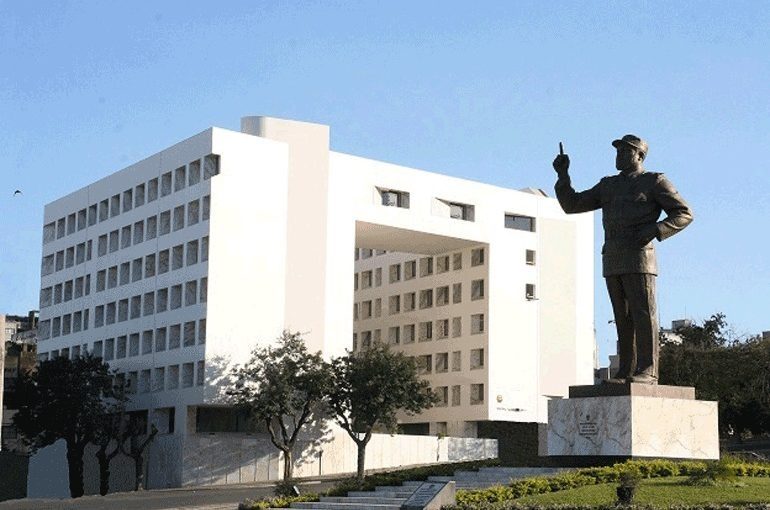Mozambique: Annual deficit of over €500M to repair roads
Mozambique: Administrative Tribunal considers public debt over limits

in file CoM
The Administrative Tribunal of Mozambique said that the country’s public debt is unsustainable, above the established limits, placing restrictions on contracting new charges.
“The ratios of the public debt sustainability indicators remain above the established limits, placing the country in a situation of restriction on contracting new credits,” the Administrative Tribunal said in an opinion to the 2020 State General Account (CGE).
The government said that the volume of public debt represented 97.3% of the Gross Domestic Product (GDP) last year, after 78.1% in 2019.
The highest ratio of the last five years was in 2016 when the public debt/GDP ratio reached 101.8%.
On the domestic debt chapter, the Administrative Tribunal opinion notes that some municipalities have contracted debts with commercial banks without the ratification of the Minister of Economy and Finance, as the law requires.
“Some municipalities have contracted debts with commercial banks and are not making the due repayments, and not all the loans were authorised by the respective municipal assemblies and ratified by the minister who oversees the area of Finance,” the document reads.
In total, Mozambique’s public debt was around 948.7 billion meticais (€13.1 billion) in 2020.
The court noted that the transfer of subsidies to public companies is still not made based on programme contracts signed with the government, which would allow for guaranteed coverage of the costs of the social component.
The auditor of the state accounts also mentions that “as in previous years, in the financial year under review, the execution of a considerable part of investment expenses financed with external funds, 62.8%, was not through the Single Treasury Account, in violation of the principle of unity of treasury.
There is also the lack of channelling to the Public Treasury the balances of the bank accounts of public institutions and the increase in the execution of funds outside the Single Treasury Account.
On the other hand, the State’s patrimony is not duly registered in the CGE, and there is a lack of conservation of part of the State’s patrimony. The government should take immediate action to solve the problem.
Divergences persist between the amounts spent by the various State bodies to purchase goods.
The court noted that there was still a prevailing omission in the regularisation of property titles, insurance policies for real estate and State vehicles in various state bodies and institutions.
The Administrative Tribunal is the body that supervises the legality of public expenditure, being the highest court in administrative, fiscal and customs matters .












Leave a Reply
Be the First to Comment!
You must be logged in to post a comment.
You must be logged in to post a comment.